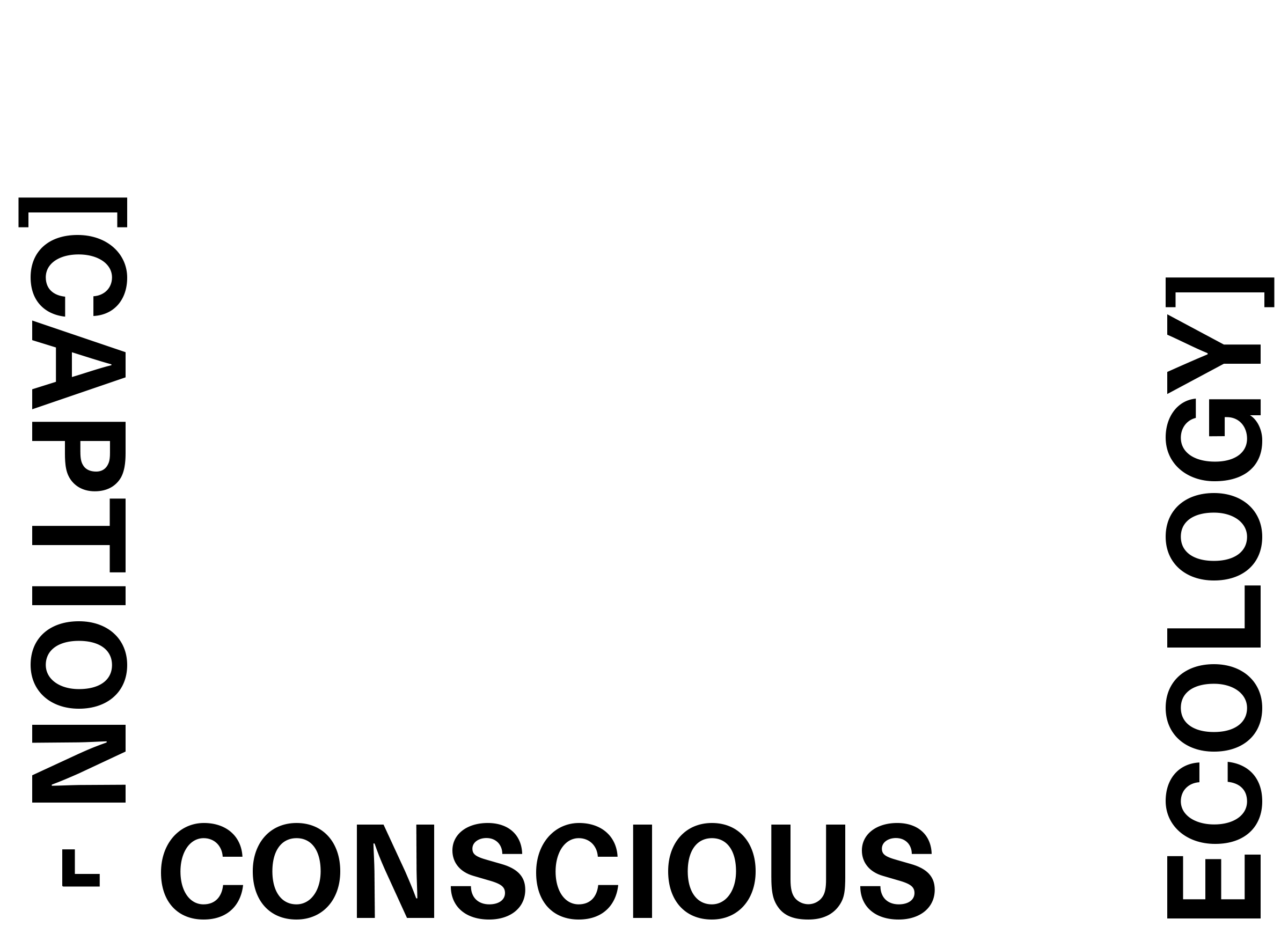Talk/Screening 1: Access and Abundance
A live, online talk and screening exploring captioning abundance and access with scholar, artist and activist, Louise Hickman and Disability Studies scholar, Tanya Titchkosky.
Series logo: the words Caption-Conscious Ecology spread across 3 sides of a square, inside square brackets
Event Info:
Online. Free. Live Stream.
You can access this event through this webpage and on the Nottingham Contemporary YouTube channel.
There will be live captioning for this event.
A transcript will be available for download on this webpage afterwards.
A captioned video will be available via the Nottingham Contemporary YouTube channel and Voices in the Gallery website after the event.
There will be British Sign Language interpretation for this event.
The duration of the event is 2 hours. A rest break is included.



